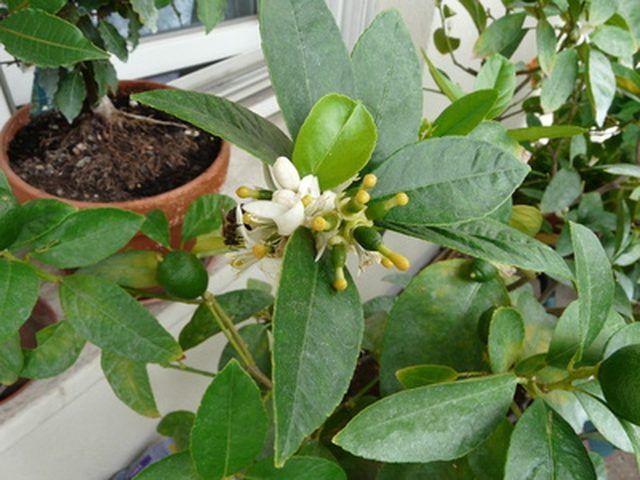Bulbs
Flower Basics
Flower Beds & Specialty Gardens
Flower Garden
Garden Furniture
Garden Gnomes
Garden Seeds
Garden Sheds
Garden Statues
Garden Tools & Supplies
Gardening Basics
Green & Organic
Groundcovers & Vines
Growing Annuals
Growing Basil
Growing Beans
Growing Berries
Growing Blueberries
Growing Cactus
Growing Corn
Growing Cotton
Growing Edibles
Growing Flowers
Growing Garlic
Growing Grapes
Growing Grass
Growing Herbs
Growing Jasmine
Growing Mint
Growing Mushrooms
Orchids
Growing Peanuts
Growing Perennials
Growing Plants
Growing Rosemary
Growing Roses
Growing Strawberries
Growing Sunflowers
Growing Thyme
Growing Tomatoes
Growing Tulips
Growing Vegetables
Herb Basics
Herb Garden
Indoor Growing
Landscaping Basics
Landscaping Patios
Landscaping Plants
Landscaping Shrubs
Landscaping Trees
Landscaping Walks & Pathways
Lawn Basics
Lawn Maintenance
Lawn Mowers
Lawn Ornaments
Lawn Planting
Lawn Tools
Outdoor Growing
Overall Landscape Planning
Pests, Weeds & Problems
Plant Basics
Rock Garden
Rose Garden
Shrubs
Soil
Specialty Gardens
Trees
Vegetable Garden
Yard Maintenance
Indoor Lemon Tree Care
Indoor Lemon Tree Care. Dwarf lemon trees not only make attractive houseplants, they're functional, producing fragrant flowers and edible fruit. Glossy, green leaves are evergreen and provide year-round interest. Indoors, with proper pruning, lemon trees can be maintained at 3 to 5 feet tall. Lemons flower throughout the year and bear full-sized...

Dwarf lemon trees not only make attractive houseplants, they're functional, producing fragrant flowers and edible fruit. Glossy, green leaves are evergreen and provide year-round interest. Indoors, with proper pruning, lemon trees can be maintained at 3 to 5 feet tall. Lemons flower throughout the year and bear full-sized fruit approximately three to four months after flowering.
Soil
Citrus trees thrive in a somewhat sandy, all-purpose soil that is slightly acidic. Amending the soil with plenty of organic matter such as peat will help the soil retain moisture. The soil will need to be amended with fertilizer every three to four months. Many garden stores sell fertilizer specifically for citrus trees.
Temperature and Light
Your lemon tree needs at least six hours of sun every day. Place your lemon tree near a south-facing window. You can also supplement natural light with a fluorescent light, especially in the winter. Be sure to rotate your tree every week or so to get even light exposure. Citrus trees thrive at temperatures between 55 degrees F and 85 degrees F, making them happy trees when grown indoors.
Moisture
Container-grown lemon trees need more water than those planted outside. In the spring, water two to three times a week. In the summer, as temperatures rise, your lemon tree may need to be watered daily. Keep the soil moist but not soggy. A good indication of when you should water is to check the top 2 to 3 inches of soil. If it is dry to the touch, your lemon tree needs watering. Houses generally don't have the humidity lemon trees need to grow. Mist or spray your lemon tree several times a week.
Pollination
In order for your indoor lemon tree to produce fruit it needs to be pollinated. Your lemon tree may self-pollinate, but to assure a good harvest, it's wise not to count on it. Not many of us have birds or bees inside the house, so the best way to do this is by pollinating the tree yourself. Using a cotton swab or a paintbrush, rub the inside of a flower collecting a bit of the yellow pollen. Transfer the pollen to another flower, going from flower to flower until you're done.
Pruning
Don't prune your lemon tree until it is 2 to 3 years old. After that, prune to maintain its shape and keep it healthy. Don't be afraid to prune because lemon trees are incredibly hardy. Cut off any suckers or shoots growing under the graft line. These will drain the energy from your lemon tree. Remove any dead branches. Prune back any long branches or weak-looking stems. Remove stems that are growing toward the center of the tree. Frequent light pruning is better than heavy pruning.
Insects
Even indoors, your lemon tree may fall prey to insect infestation. The first defense against indoor pests is to keep the tree healthy. Tiny and related to the spider, spider mites are a common indoor pest. Because they're not insects, insecticides generally are not effective against them. Mealybugs feed on the sap of your citrus leaves and excrete honeydew, which encourages the growth of fungus. Washing the top and underside of your lemon tree leaves with mild, soapy water prevents and helps eliminate infestations. Insecticidal soap is effective against mealybugs and spider mites.